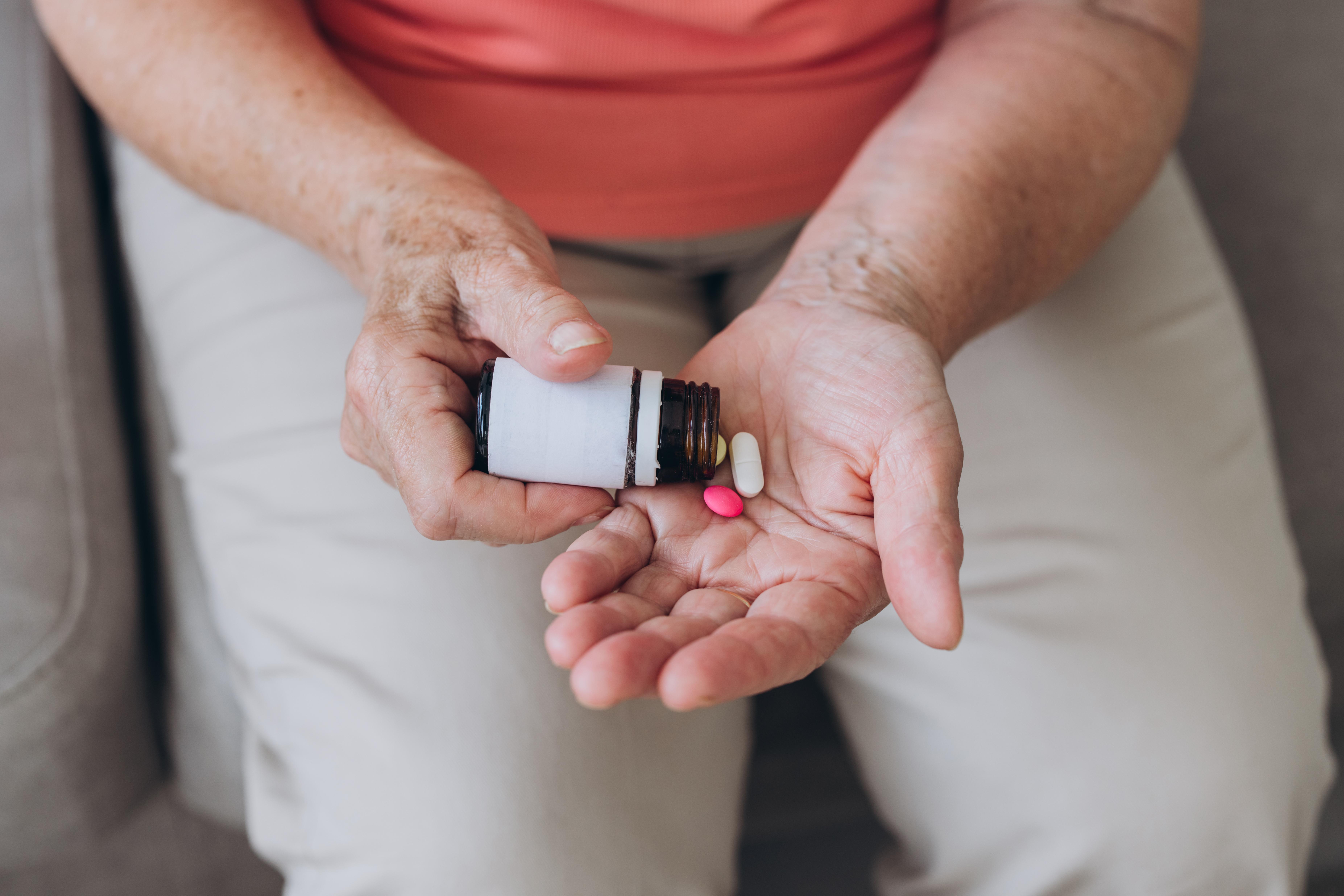12 Medications You Should Never Mix Without Asking Your Doctor
Medications are a critical part of managing many health conditions, from chronic illnesses like diabetes and high blood pressure to acute infections and mental health disorders. However, taking multiple medications at once—or mixing prescription drugs with over-the-counter (OTC) medicines, supplements, or even certain foods—can lead to dangerous interactions. Some drug combinations can weaken the effectiveness of your treatment, while others may cause severe side effects, organ damage, or even life-threatening reactions. Because drug interactions are not always obvious, it’s essential to consult your doctor or pharmacist before combining medications. Even seemingly harmless supplements or common pain relievers can interfere with prescription drugs in ways that could harm your health. To help you stay safe, we've expanded our list to 12 medications you should never mix without asking your doctor.
1. Blood Thinners and NSAIDs (Aspirin, Ibuprofen, Naproxen)

Blood thinners, such as warfarin (Coumadin) and newer anticoagulants like apixaban (Eliquis) or rivaroxaban (Xarelto), help prevent blood clots, reducing the risk of strokes and heart attacks. However, taking them alongside nonsteroidal anti-inflammatory drugs (NSAIDs), like ibuprofen (Advil, Motrin) or naproxen (Aleve), can increase the risk of serious bleeding. Both medications thin the blood, making it easier for internal bleeding to occur, particularly in the stomach or intestines. If you need pain relief while on a blood thinner, always check with your doctor first—acetaminophen (Tylenol) may be a safer alternative.
2. Antidepressants and Migraine Medications

Many migraine treatments, including triptans like sumatriptan (Imitrex) and rizatriptan (Maxalt), can interact dangerously with selective serotonin reuptake inhibitors (SSRIs) and serotonin-norepinephrine reuptake inhibitors (SNRIs), such as fluoxetine (Prozac), sertraline (Zoloft), and venlafaxine (Effexor). Mixing these medications can increase serotonin levels too much, leading to serotonin syndrome, a potentially life-threatening condition that causes confusion, high blood pressure, fever, and seizures. Always consult your doctor before combining antidepressants with migraine medications.
